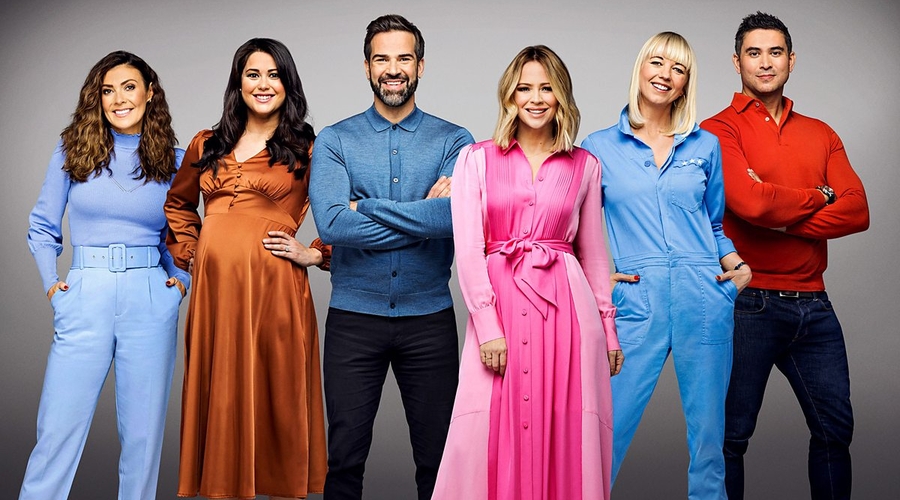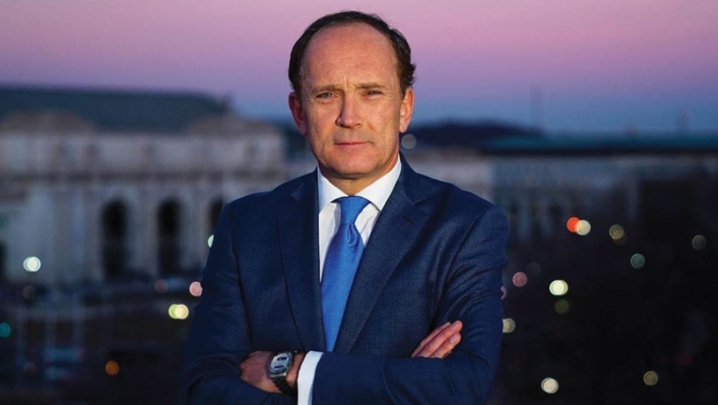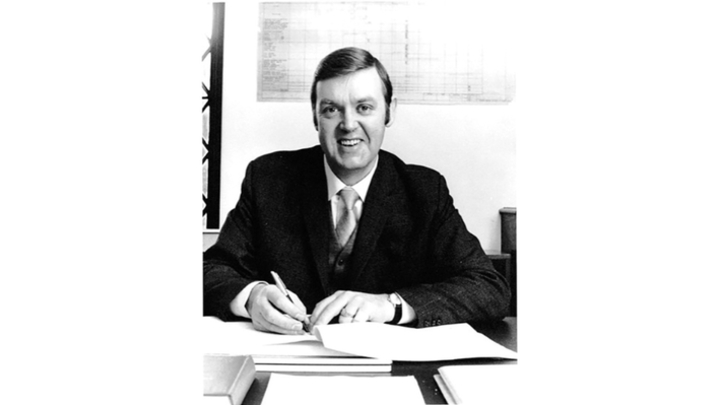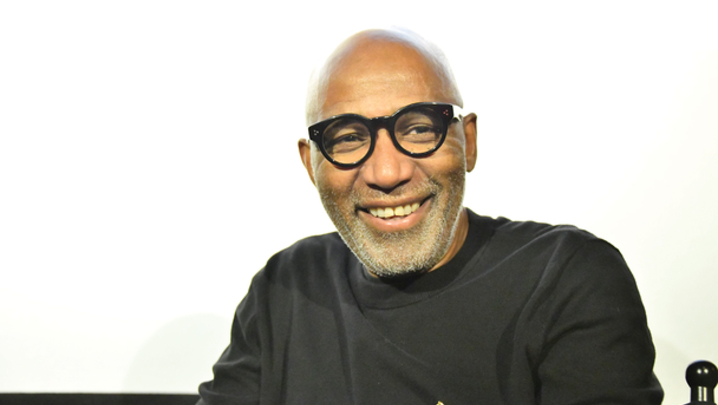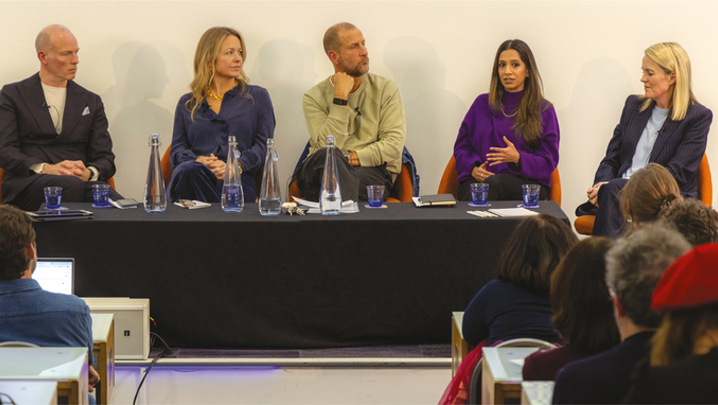At Media City, Salford, Carole Solazzo hears some invaluable advice on how to navigate a career in TV.
When people enter a profession such as law, medicine or teaching, there’s always a very clear direction of travel…. In TV… it can be hard to navigate your path.”
This is how Cameron Roach, RTS North West Chair, summarised the idea behind the centre’s “Student networking day” in his welcoming speech. The event covered all the bases for graduates aiming to break into and succeed in the industry.
First up was a panel discussion on soft skills. Ruth Mills, talent scheme producer at The Network, voiced one of the frustrations sometimes experienced by new entrants: “You’ve learnt how to shoot, how to light, or to do sound, or edit… and you think, ‘Why am I making the tea?’”
But, as BBC Studios talent exec Beena Khetani pointed out, “[While you’re doing that,] you’re listening… watching, learning… asking questions… and it makes people see you as someone who is willing.”
“And people who ask questions stand out,” said Pam Cavannagh, joint-creative director of Purple Productions. Soft skills are key behind the camera, too. Cavannagh added: “Our favourite PDs [producer-directors] aren’t necessarily the best shooters. They’re the people who can get the magic, the best moments out of contributors.”
“If you’re not naturally a people person, it might sound really daunting,” suggested Multistory Media producer Claire Judge. “But, actually, it’s just about being able to get on with people, and being interested in what they’ve got to say.” Khetani agreed: “It’s the same [skillset you use] when you’re chatting to your mates.”
So use those soft skills to grab every opportunity was the advice from Martin Bruce, content editor on BBC One’s Morning Live.
Bruce recounted how winning a competition run by his local radio station got him invited into the studio. “I told the producer this was what I really wanted to get into – ‘I love radio and television.’ The producer said, ‘I’m doing a student show, do you want to be part of it?’…. He then threw me on air and, suddenly, I’m doing a two-hour student show.” Over time, Bruce moved into TV.
“Overnight success” was one of the myths busted by the second panel. Yasmin Ali, story researcher at Wall to Wall, started her “winding road” into television working in call centres and children’s tutoring.
But this helped her “stand out from other applicants because I had experience of talking to people… managing personalities”. She also gained valuable transferrable skills that she still uses today.
Ben Ledsham, floor runner and trainee assistant director at ITV Studios, is proof that industry connections aren’t essential. He met a producer while on a panel in Manchester. They chatted, “started exchanging emails and, a few weeks later, she asked if I wanted to be part of a production”.
Sean Wise, an editor at The Garden, suggested getting names off company websites and LinkedIn to personalise cover emails and letters. Then “use them to say why you specifically will be better [than other applicants] for that particular company”.
Laurie Kirkham, head of development at Leopard Pictures, advised contacting “companies who make the shows you really love. You’re making it easy for yourself, because… you can already talk passionately about [their] shows”.
Finally, the panel addressed “imposter syndrome”. According to BBC Children’s script editor Luke Frost, everyone suffers from it: “You have this feeling that everyone else knows what they’re doing… and I’d have to pretend…. You very quickly learn that… no one minds if you ask for help.”
Students also got the chance to network with industry professionals, and to participate in workshops on creating and pitching stories, virtual studio production techniques, CVs and interview skills, and breaking into factual production.
‘The RTS North West Student Networking Day’ was held on 30 March at Dock10, MediaCity, Salford, and produced by Nancy Porter of the University of Salford.

